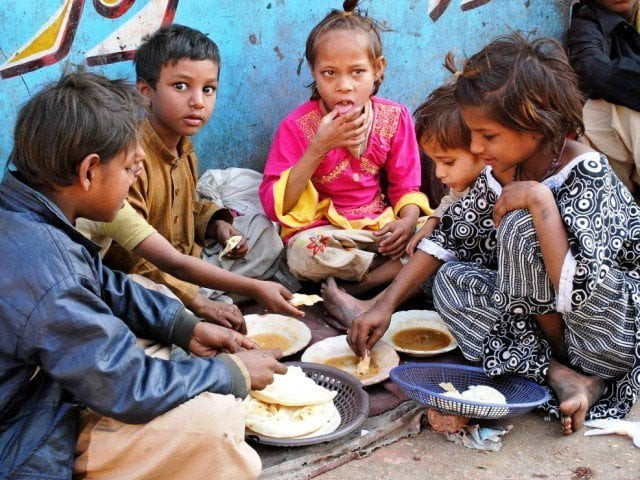Lahore:
Punjab accounts for 10 million of the estimated 26 million out of schoolchildren in the country, according to a UNICEF report. The report, recently published, said Pakistan had one of the world’s highest relationships between children outside the school. Thousands of children who are out of school are believed to serve in workshops and factories.
The report revealed that only 66 percent of children in the province were able to complete elementary school education. Thus, one of three children died and did not study up to 5th grade. Another alarming finding of the report is that only 12% of children aged seven to 14 have basic mathematical skills, a number that is significantly lower than the average of 22% found in countries with lower middle income globally. Educational experts warn that these figures highlight a serious crisis in the quality and execution of the country’s education system. They say the report has postponed the government’s claims about its efforts to bring back to education outside the school.
A senior official in the Punjab School Education Department said, “The report states that about 26 million children are currently out of school in Pakistan, and this is a number of larger than the entire population of countries such as Sri Lanka. Of these, 10 million belong to Punjab, the most populous province in the country.”
The statistics quoted in the report also showed that some elements mislead the Punjab government over the issue of children outside the school in the province claimed the official.
According to sources, false data inputs had recently been discovered for thousands of children in the province. School administrations were reportedly involved in registration of false admission data, and the Ministry of Education had noticed the case.
The report also highlights deeply rooted differences in the distribution of educational resources. Government schools receive almost 3.8 times more funding per year. Students compared to private institutions operating under the Punjab Education Foundation (PEF).
On the other hand, teachers’ representative claims that the government’s policies are expanding the gap in educational results and strengthening class -based departments in the sector.
The report also highlighted rapid population growth and called for immediate reforms to restore balance and equity in education and call the situation a threat to the country’s future stability and progress.
“In the past, several programs were launched in the province to increase the literacy relationship, including universal primary registration and schools for the poor, but the actual problem is the increase in the population,” said Rana Liaqat Ali, Secretary General of Punjab Teachers Union.
He said authorities did not construct new schools and outsourced existing institutions.
“A relationship between low literacy in the country, including the province, is a major problem, and our decision makers should seriously think about the question of children outside the school,” he added.



